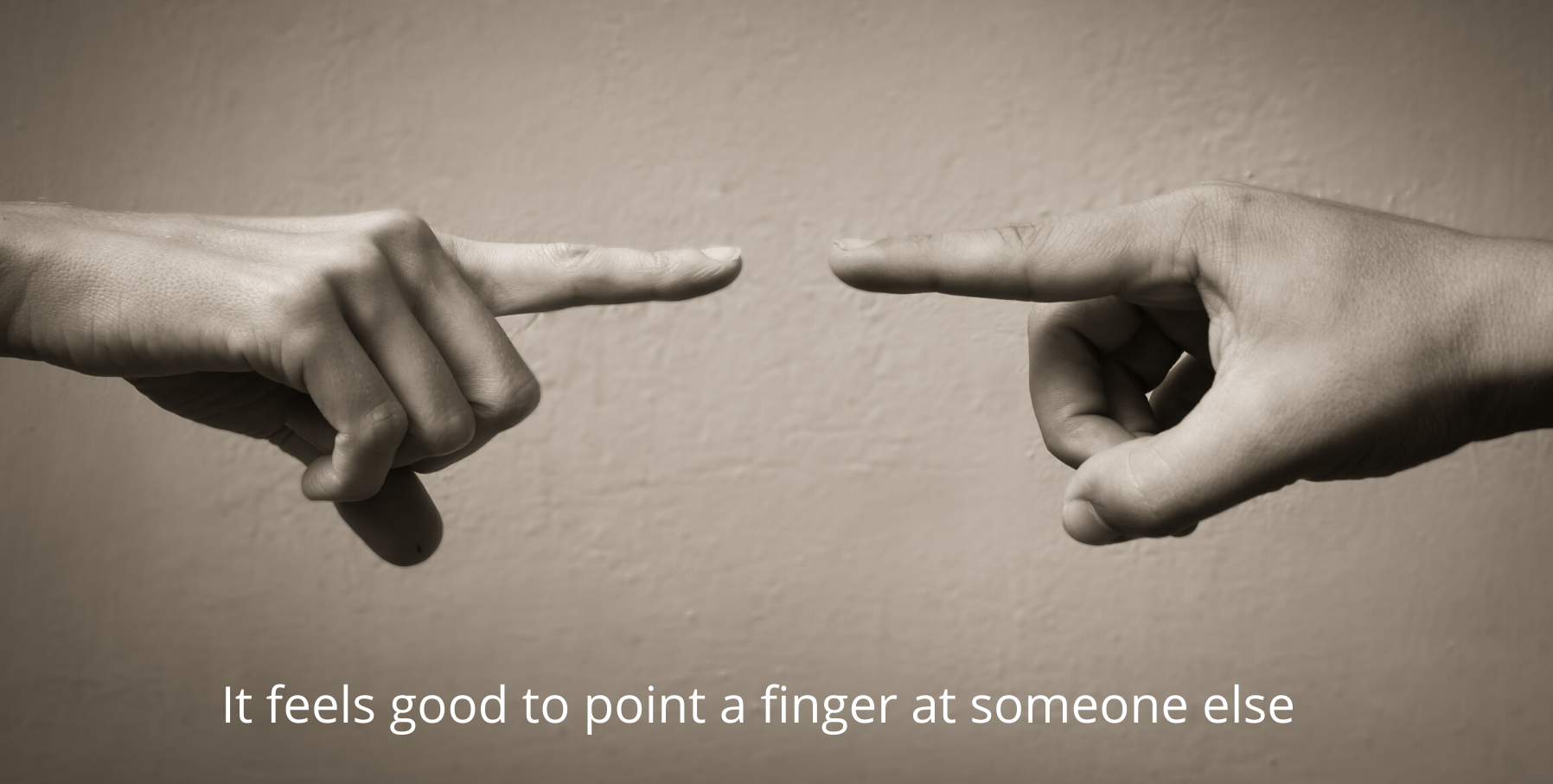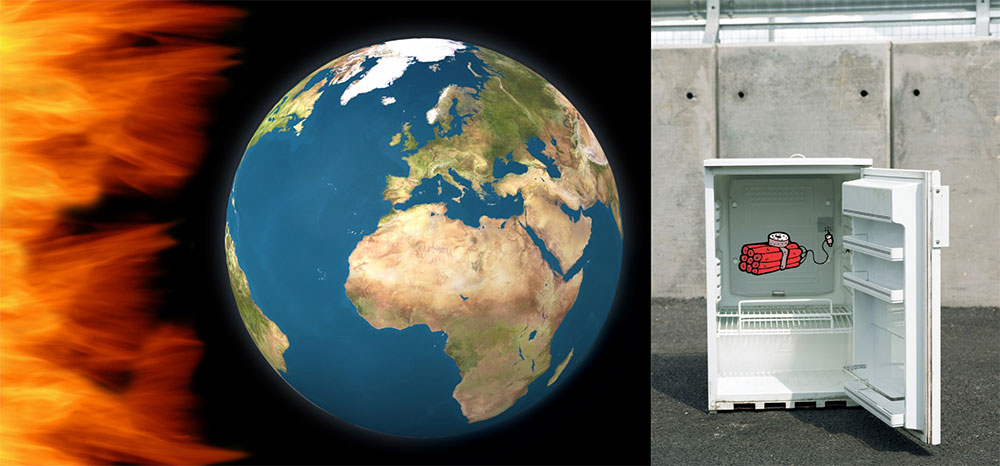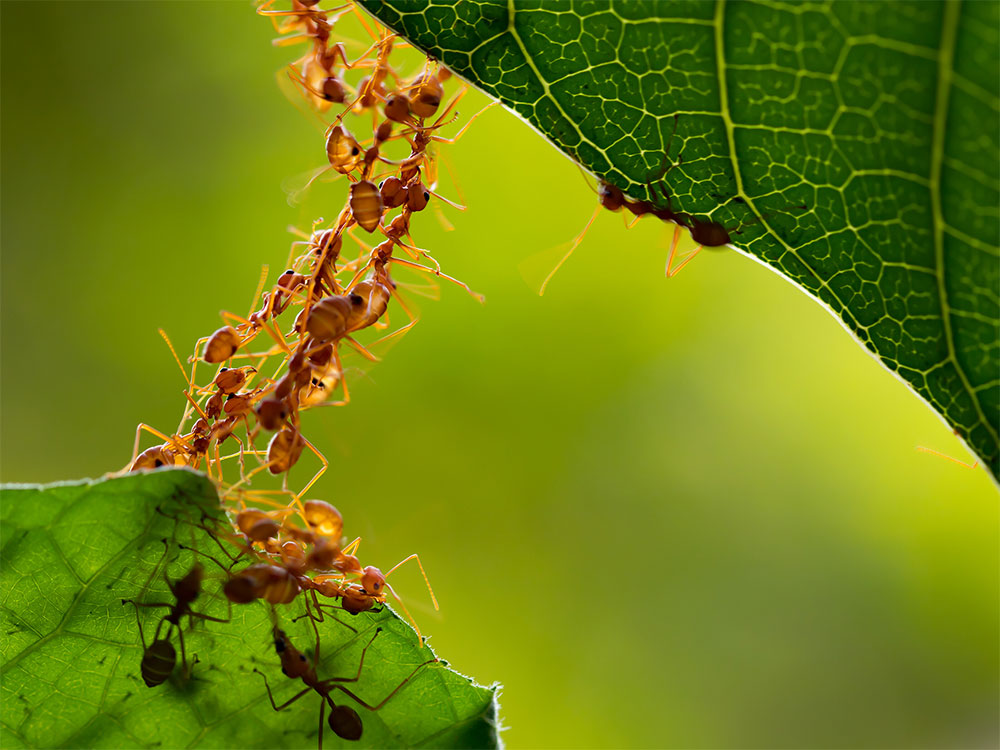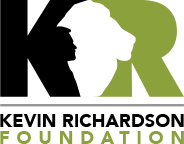
OPINION PIECE
By: Shani van Straaten (Foundation Manager)
The other day, I took a quiz to test my knowledge of what ranked as the biggest environmental impacts of an individual’s actions. I confess I went into the test feeling pretty confident. As a childless woman who eats an almost entirely plant-based diet, I can be borderline SMUG when it comes to deciding who is hurting the planet more. However, when the results showed up, I was flabbergasted.
It turns out that reducing food wastage ranked as a more valuable corrective action than reducing meat consumption. I was humbled… and slightly ashamed. I thought of all the vegetable produce I throw away when I end up eating out socially and not cooking as planned. Market research shows that, in the USA, between 40 to 50% of food gets thrown away!
I am a hypocrite.
I’m a South African, and we sometimes like to pass judgment on “consumption-crazed” countries like the USA. It feels good to think you are better than someone else, right? But there it is, on paper, backed by science: I am a big part of the problem. Here I am congratulating myself because I have my own personal scale of judgment. I like to rank social and ecological sins according to my own personal value system.

The truth is, I feel so overwhelmed. My news feed is so full of bad news, horrifying statistics, new research, contradictions, judgment, and doomsday chatter that judging meat eaters and people drinking from plastic water bottles can be easier than accepting the value systems of people who are different from me.
The online space is a frenzy right now. Throw in a handful of fake news, some bad science, some corrupt media, an environment ripe for conspiracy theories, and we have a hot mess on our hands… A hot mess.
Keep your cool, lady!
Speaking of heat, my mind was further boggled as I read more results of this research, which has been spearheaded by a non-profit coalition of scientists, entrepreneurs, scholars, engineers and advocates who are looking for simple, practical solutions to avoid further temperature increases. Whether you believe in climate change or not, let’s be honest. We prefer for our car tyres not to melt before we leave the grocery store, right?
It turns out that refrigeration management is one of the most effective ways to reduce the warming of the planet.
Huh, what?!

Until relatively recently, our cooling systems have leaked out tons of harmful chemicals like Chlorofluorocarbons (CFCs) and Hydrochlorofluorocarbons (HCFCs) that essentially destroy our atmosphere. So, for the last 150 years, refrigeration – a discovery that has saved millions from deaths due to foodborne disease – has been eating away at our planet’s shade cloth. What has been saving us has also been killing our planet?
This is the paradox of our times.
Although we can be well meaning, do good, think we have it all figured out with solutions, we simply cannot and do not know everything. When we are most certain, we may actually be wrong. In fact when we are most certain, is when we should probably step back and self-reflect.
What is my point?
Well, the other day, a small non-profit organization turned down money from the Kevin Richardson Foundation for a program we offered to sponsor. The program would provide education for rural children living on the fringes of a game reserve area. My jaw hit the floor.
“WHY??” I practically yelped.
It came out that there was someone on the organization’s board of directors who either really didn’t like Kevin, or didn’t agree with the fact that he interacted with his lions. I was stunned. It’s all well and good to disagree with someone’s methodology, but the one who suffers in this scenario is the one with the least power and opportunity… in this case, a couple of children with little to no opportunity to break out of the cycle of poverty.

Last year, a well-respected conservation organization got dragged through the mud by the media, the public and some fellow conservationists because it surfaced that one of its board members had engaged in trophy hunting. This board member was a powerful man who had no doubt brought money, influence and opportunity to the organization’s wonderful work. He immediately resigned. There was a public apology. People were enraged. But what was gained through the outcry, and what was lost? And what difference did it make besides a public shaming of someone whose choices someone else finds offensive? The organization had obviously known about this board member’s lifestyle, but it was only when it became a PR crisis that they were forced to take some kind of stand on it.
Prince William and Prince Harry are well respected for their long history of engaged and effective conservation efforts. But the press (and certain activists) couldn’t help waving their pitchforks in the air following an interview wherein William alluded to hunting being a necessary evil in a complex environment. When Harry was photographed boarding a fuel-guzzling private jet with his family on holiday, it almost broke the internet, despite the fact that his travel-heavy lifestyle supports the work of thousands of brilliant organizations and events.
David Yarrow – renowned fine art wildlife photographer and also an ambassador to our Foundation — gets flamed regularly by an online group that disagrees with his methods of getting his shots. Yet David Yarrow has raised more money for conservation efforts than any other photographer, and this particular group have no qualms with the beneficiaries of his work.
When Greta Thurnberg hit the international stage, the world divided. “Who is this impertinent ‘child’ telling us what to do?” I heard people in my own circles mumble – people who are supposedly worried about the future of the planet. I guess some people like what she is saying; they just don’t like the WAY she says it. Her expression is too angry, she never smiles, why is she so emotional? And so on, and so on. It would appear that we want the “lazy” and “narcissistic” Generation Z to rise up and “make a difference” but, please, don’t be too loud or irritating about it, okay? Oh, and do it in a way that fits in with our big, important, grown-up conferences so our world leaders can attend their fancy dinners and get on with business as usual without too much disturbance.
It’s easier to be a critic than a creator.
Kevin has often said to me, “There are people who want me to stop interacting with my lions, but my life simply unfolded this way. My interactions have built me the platform that I have used to speak about issues largely unfamiliar to millions of people. If I stopped interacting, who would suffer more?”
I guess some people like that Kevin campaigns for the cause of lions. They just don’t like the way in which he does it. Here at the Foundation, we are not big fans of using the rescue-and-adopt model of fundraising for big cats. It’s not our mandate, and we have Kevin’s public platform to support our fundraising efforts. But we would never refuse to work with an organization because they use that model. Everyone needs to do what they need to do to get things done. The whole big cat conservation life story has been born and fed by controlled interactions, and yet invisible lines in the sand seem to keep us divided. I wonder what “The Trimates” (Jane Goodall, Diane Fossey and Birutė Galdikas) would face if their groundbreaking work had occurred during today’s political climate? Before Jane Goodall lived and interacted with chimpanzees, it was pretty normal for people to believe that animals had no feelings, no personality, and didn’t experience love.
The conservation world keeps itself very busy judging everyone on the manner and method of their conservation activities – whether it’s punting veganism, picketing the use of fur at Fashion Week, sinking a whaling ship, transporting animals across continents after zoo closures, growing a YouTube channel or flying six crew members across the Atlantic so you can sail to a conference as an act of demonstration.

Sometimes the thrill of being “right” or “setting things straight” can really blur the goalposts.
But whilst the loudest and most privileged of us (sitting behind our keyboards) get a quick dopamine rush from feeling righteous, someone at the short end of the stick is the one who truly suffers. Whether due to lack of funding or a tarnished reputation, the dispossessed and the disempowered (person or animal) often take the hit. And this person or animal has likely never debated the ethics of hunting over a glass of wine, pondered whether veganism is the answer to the world’s problems, or asked if interactions with animals are acceptable in certain conditions (or with certain animals, for that matter).
Because this person or animal is too busy fighting off its own extinction.
We want a black-and-white world on a planet that is burning red. It seems we care more about appearing right than we do about practical change.
I know I am guilty of this.
So much energy is spent on social media — reading comments and making statements, hastily researching counterintelligence to someone else’s evidence.
If we want all lions to live good lives, if we want the rural child to learn to become a game ranger instead of a poacher, if we want to see the earth’s temperature remain stable and the oceans clean and thriving, we need to stop sweating the small stuff and say, “I may not agree with what you do or what your views are, but I will work alongside you so that we can turn this thing around.”

END.
